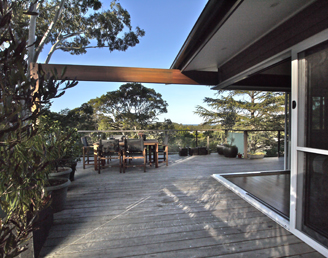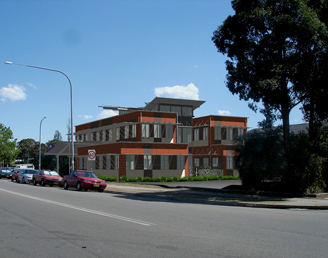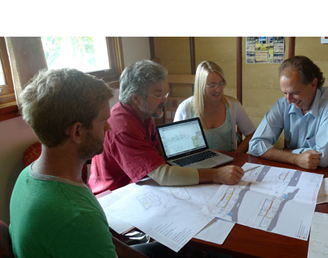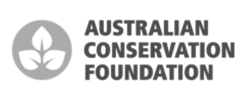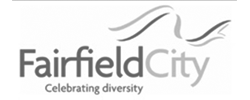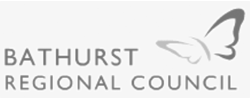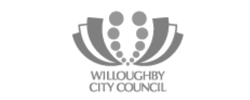Are Sustainable Eco Homes A Mirage?
Posted by admin on 20/03/2015 at 8:32 am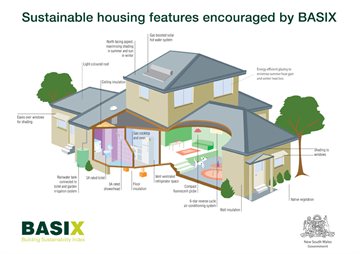
What if all our efforts to design and build sustainable eco homes over the last 20 years has been wasted? What if they don’t achieve the big reductions in energy and water that we had assumed they would – especially energy? The Australian Competition and Consumer Commission has taken an interest in people and organisations that claim to create “sustainable eco homes” yet have no validation or evidence to support the claims.
We know, and our clients know it too, that big reductions in energy and water are possible. Every one of our projects kicks some goals in these departments (and others besides), and yet we know that building energy efficiency is not rising as fast as it should. Why not?
For some time Envirotecture has been critical of the certification process in most states of Australia, and of the lax thermal performance minimum standards in NSW in particular. We have pointed out the poor record of site inspections, and the conflict of interest that arises from certifiers being paid by developers (both large and small). We have pointed out that the once groundbreaking BASIX tool is stuck in a ten year time warp, with minimum standards around the 4 to 4.5 star (equivalent*). We and others like us have also pointed out that some designers and assessors ‘game the system’ – working on weaknesses in software or documentation to obscure the poor real design and performance outcomes.
But what if there’s more to it? What if there are other problems as well?
Pitt & Sherry recently released a damning report on the parlous state of sustainability performance of Australian houses. Together with the Swinburne University of Technology, their national review examines key systemic or process weaknesses and non-compliances with National Construction Code’s energy efficiency requirements.
They engaged with over a thousand stakeholders, held seventeen workshops in all states, conducted a national survey, and undertook an issues paper and submission process. Stakeholders had universal representation: those involved in design, planning, construction, operation, maintenance or ownership of a residential or commercial building. This included those who, like us at Envirotecture, specialise in the design if sustainable eco homes. It also investigated issues surrounding new construction, renovations and alterations.
In the usual conservative muted language of such reports, the Issues Paper explains… “…the building industry as a whole (including policy-makers, regulators and all involved in design, assessment and construction) is under-achieving on the energy efficiency front.” They identified three main areas of concern:
- Compliance with the energy performance requirements in the National Construction Code may be less than ideal. There have been some reports and case studies in individual states that support this view.
- Some aspects of the Code itself may be contributing to a gap between the actual performance of a finished building and the level of energy efficiency that the Code is aiming for. In other words, compliance with the
Code may not always lead to acceptable energy efficiency performance in the final building. - The combined systems of standards, requirements and knowledge or skills development that underpin energy efficient building is not operating as well as it could. The result is that practical and cost-effective opportunities
to plan, design, construct and fine-tune more energy efficient buildings are not always taken.
Their point that the Code itself may be hindering the achievement of its own goals is surprising!
Their report makes detailed recommendations for reform, reflecting the spread of issues identified by stakeholders, and the breadth of the building industry and its regulatory systems. The authors aim to support the building industry, by improving capacity and the pursuit of best practice in energy-efficient construction.
This must, by definition, increase compliance with the energy performance requirements in the National Construction Code, and in NSW’s case, with BASIX – although that is pointless until the NSW Government increases its minimum standards.
Nonetheless, by empowering building owners to understand how energy efficiency brings its own rewards, and to expect and demand improved energy efficiency with its reduced energy costs, Pitt & Sherry hopes future phases of the project will help to build market demand for best practice energy-efficient construction practices.
Envirotecture hopes so too, otherwise aiming to create lovely sustainable eco homes will prove to be a mirage – and that would be a tragedy we can ill afford. We will blog further on the report’s detailed recommendations in the near future.
Sustainable House Design
We will help you create a family home that works well, feels good, is kind to the environment, culturally appropriate and reduces your energy and running costs.
Read MoreSustainable Commercial Buildings
We design your building to help reduce your operating costs, optimize the life cycle of your building, increase your property value and increase employee productivity.
Read MoreWorking with Envirotecture
We design beautiful, sustainable buildings that work for you, your family or your business. Full range of building design, consulting and training services.
Read More
